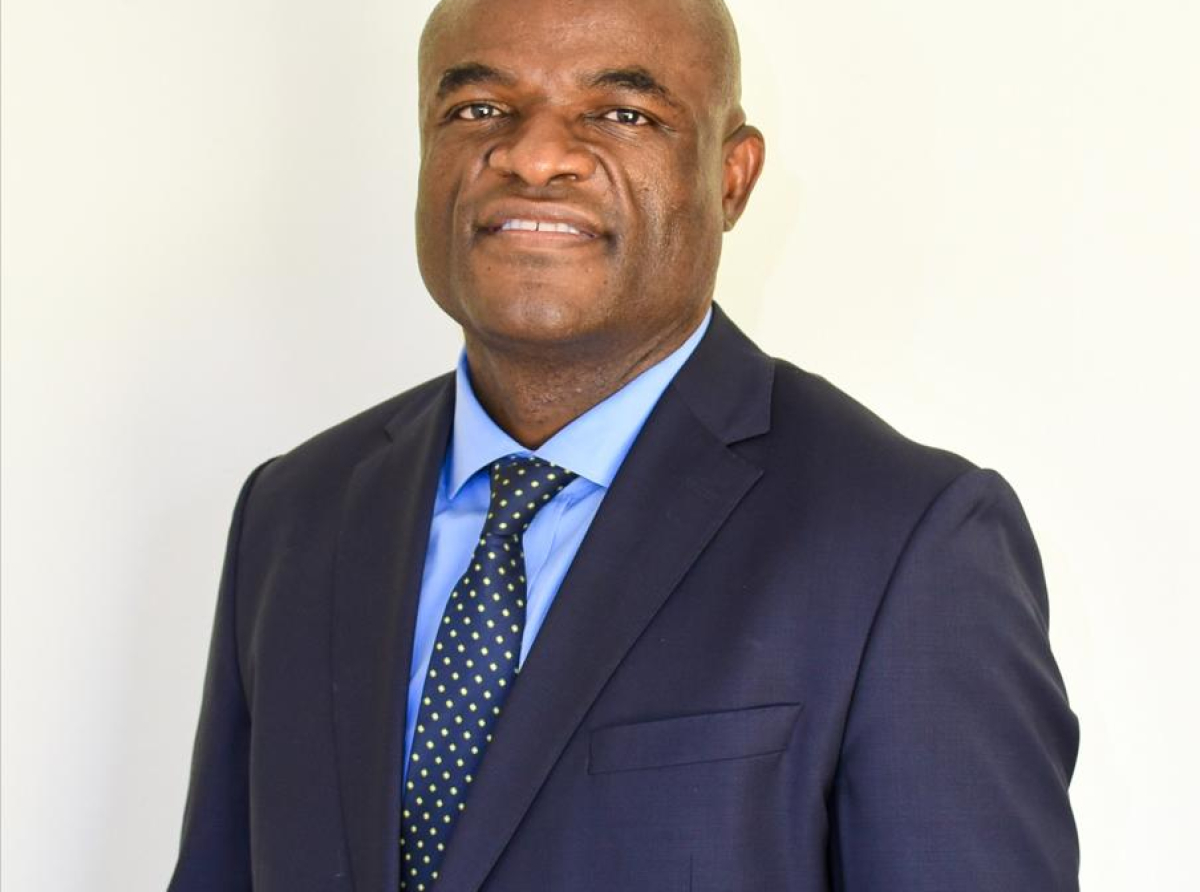Zamani tipped for ANC SG - Will Zamani Saul Save the Soul of the ANC?

By: Selloane Khalane
Five weeks ago, in a move that surprised no one but still carried heavy symbolic weight, Dr Zamani Saul retained his seat unopposed as the African National Congress (ANC) North ern Cape Chairperson. This victory marks Saul’s third term at the helm of the province's party structures and signals a continued effort to unify a fractured movement under his leadership—especially as the ANC grapples with waning support ahead of crucial upcoming local elections.
Saul, who has served as Premier of the Northern Cape since May 2019, has long positioned himself as a pragmatic reformer within the ANC, blending technocratic governance with the liberation party’s traditional rhetoric. At the recent State of the Province Address (SOPA), Saul made it clear that his administration is not just about legacy, but about progress with a purpose.
“This Seventh Administration must attend to these challenges with greater urgency and speed,” Saul declared, referencing the triple burdens of unemployment, poverty, and in equality, alongside persistent crises like gen der-based violence and climate change. In aligning the provincial government's roadmap with the Government of National Unity’s (GNU) three critical pillars—inclusive growth and job creation, tackling the high cost of living, and building a capable, ethical state—Saul appears to be echoing national reformist tones while grounding them in tangible provincial progress. And the progress is indeed tangible. Under his leadership, the province has seen notable service delivery improvements:
●Access to formal dwellings increased from 78.3% in 1996 to 85.9% in 2022.
●Households with piped water rose from 74% to 82%.
●Electricity access for lighting soared to 92.5%.
●Internet access skyrocketed from 16.2% in 2010 to 68.5% in 2022.
These gains, while incremental, are significant in a region often sidelined in the national discourse. Economically, Saul’s administration has overseen R35 billion in growth over five years. Job creation figures are encouraging: 27,000 new jobs, a historic employment high of 355,000 people, and the second-lowest unemployment rate nationally. Infrastructure spending reached R24.7 billion, delivering modern schools, clinics, roads, and libraries.
The matric pass rate jumped from 66% in 2019 to an impressive 84.19% in 2024. Crucially, Saul has emphasized governance and accountability, achieving 8 clean audits out of 13 over the last term—an achievement rarely seen in provinces mired in fiscal mismanagement. And yet, for all this success, a question looms large: can Saul’s technocratic excellence and steady hand salvage the soul of the ANC?
In an interview with the SABC, Saul described his uncontested re-election as a sign of unity in the province: “I'm certain if you check the report of the SG, when we went to the last national conference of the ANC, he said in the organisational report that the Northern Cape is one of the most united provinces of the ANC in the country. The province is rock solid.” This sentiment was echoed by ANC Secretary-General Fikile Mbalula, who has frequently cited the Northern Cape as a model of stability. But unity alone is not enough. The ANC is not merely a political party—it is a liberation movement bearing the weight of history.
In recent years, it has stumbled under the burden of that legacy, beset by factionalism, corruption scandals, and growing public disillusionment. Saul’s leadership—disciplined, ethical, and results-driven offers a compelling counter-narrative. But saving the ANC’s soul will take more than clean audits and high matric pass rates. Saul has proven that good governance is possible within the ANC. He has shown that reform, when pursued with integrity and de termination, can yield real results. The question now is whether the rest of the party is ready to follow his example—or if Saul will remain a solitary beacon in a party still at war with itself.
As local elections approach, and with internal calls mounting for deeper organisational reform, another question emerges: Should the ANC structures call for Zamani Saul to position himself for the role of the party's national Secretary-General, would he rise to the occasion? If he does, it may be more than just an internal reshuffle. It may be the beginning of a deeper restoration of the ANC’s soul—one led by those who govern not with slogans, but with results. Whether Saul will accept that mandate, and whether the party will rally behind him, could determine the future not just of the ANC, but of South Africa’s democratic promise.

